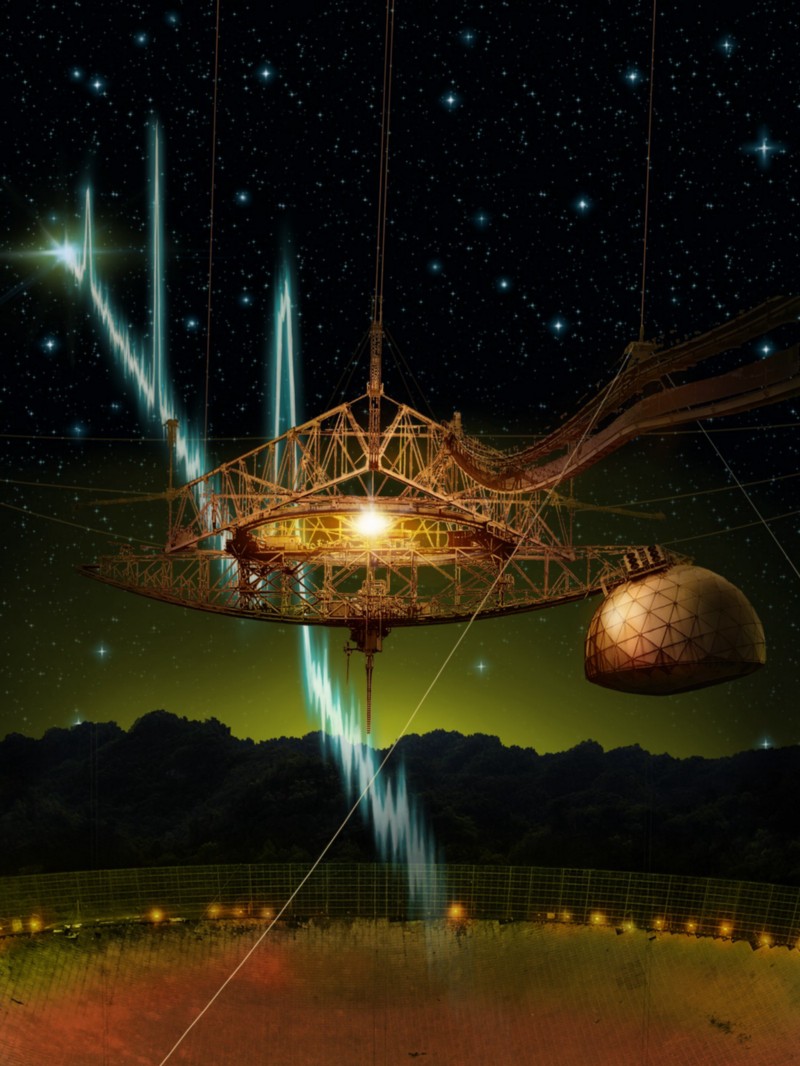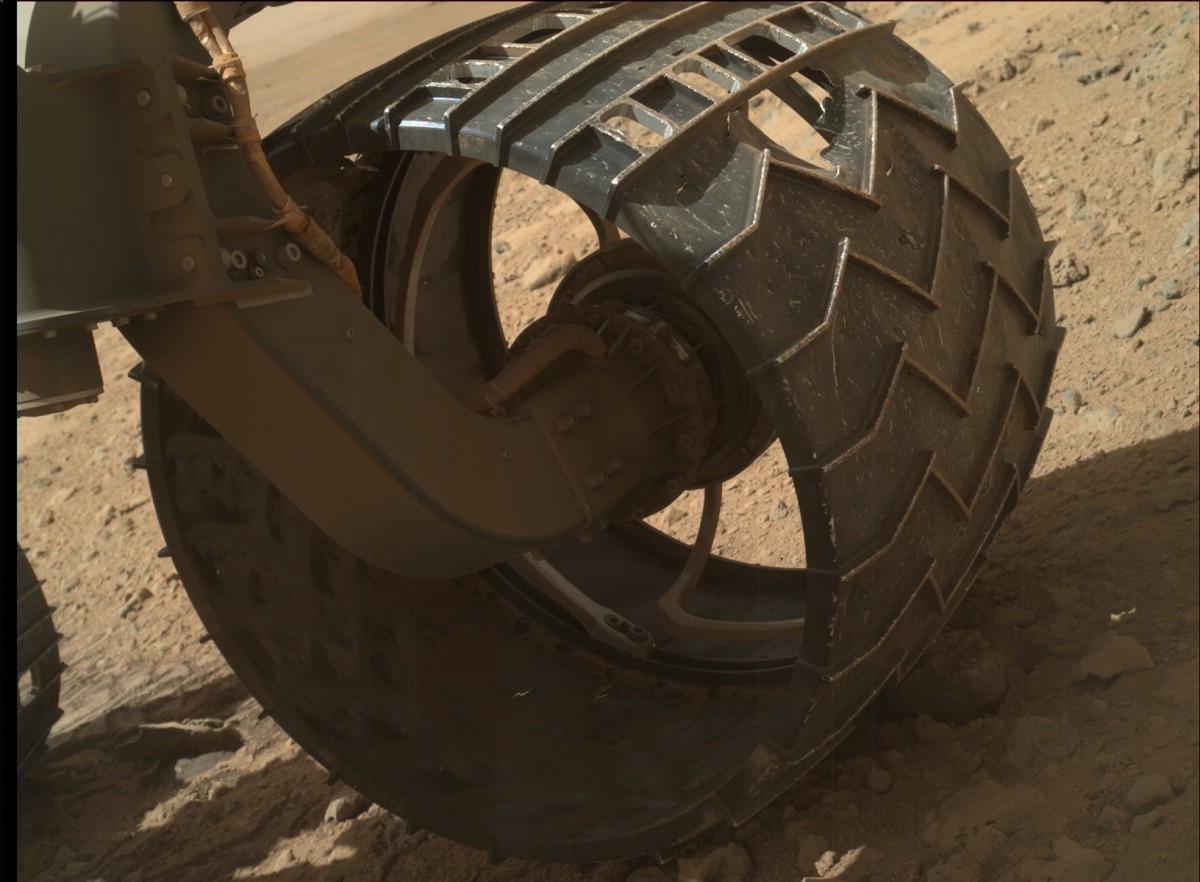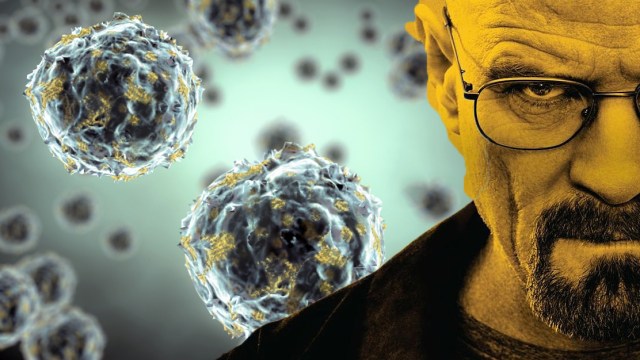Is Streaming Plasma the New Fossil Fuel?

French physicists may have developed a way to blast to Mars using a 100 million times less fuelthan a traditional rocket thruster. The scientific team is experimenting with the technology of the Hall thruster to potentially dramatically reduce energy and time for space exploration.
The Hall thrusters (or ion thrusters) run on streaming plasma, which allows for the dramatic difference in energy reliance. There’s one catch though — the thruster only has a lifespan of about 10,000 hours before it goes kaput, leaving scientist racing to find ways to increase the launcher’s longevity (to put it in perspective, most space missions take around 50,000 hours).
“We need to become a spacefaring society and eventually we need to move far beyond Mars — not only from our own solar system, but into other solar systems within this galaxy and other solar systems in other galaxies.” —Stephen Petranek
Hall thrusters are already used in many of the satellites orbiting Earth at this moment. In an attempt to harness their efficiency for longer space flights, the French scientists made a slight alteration to the current design that allows the anode (or gas distributor) to stay clear of the magnetic field.
They’re hoping with a few more tweaks, we could potentially get to Mars with a lot less fuel.
Science journalist Stephen Petranek says traveling to and establishing a colony on Mars is essential to the long-term survival of the human race.
—
Daphne Muller is a New York City-based writer who has written for Salon, Ms. Magazine, The Huffington Post, and reviewed books for ELLE and Publishers Weekly. Most recently, she completed a novel and screenplay. You can follow her on Instagram @daphonay and on Twitter @DaphneEMuller.





